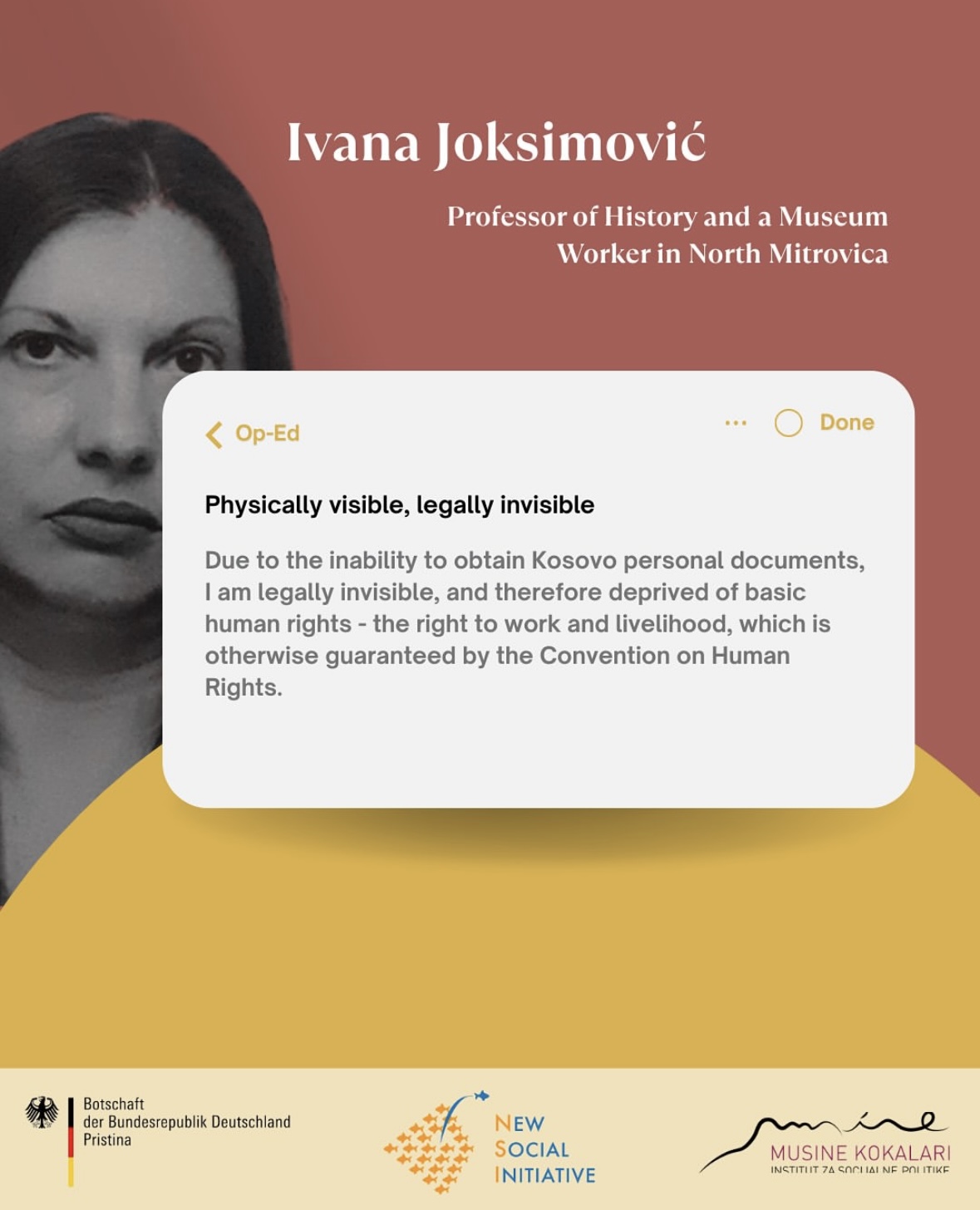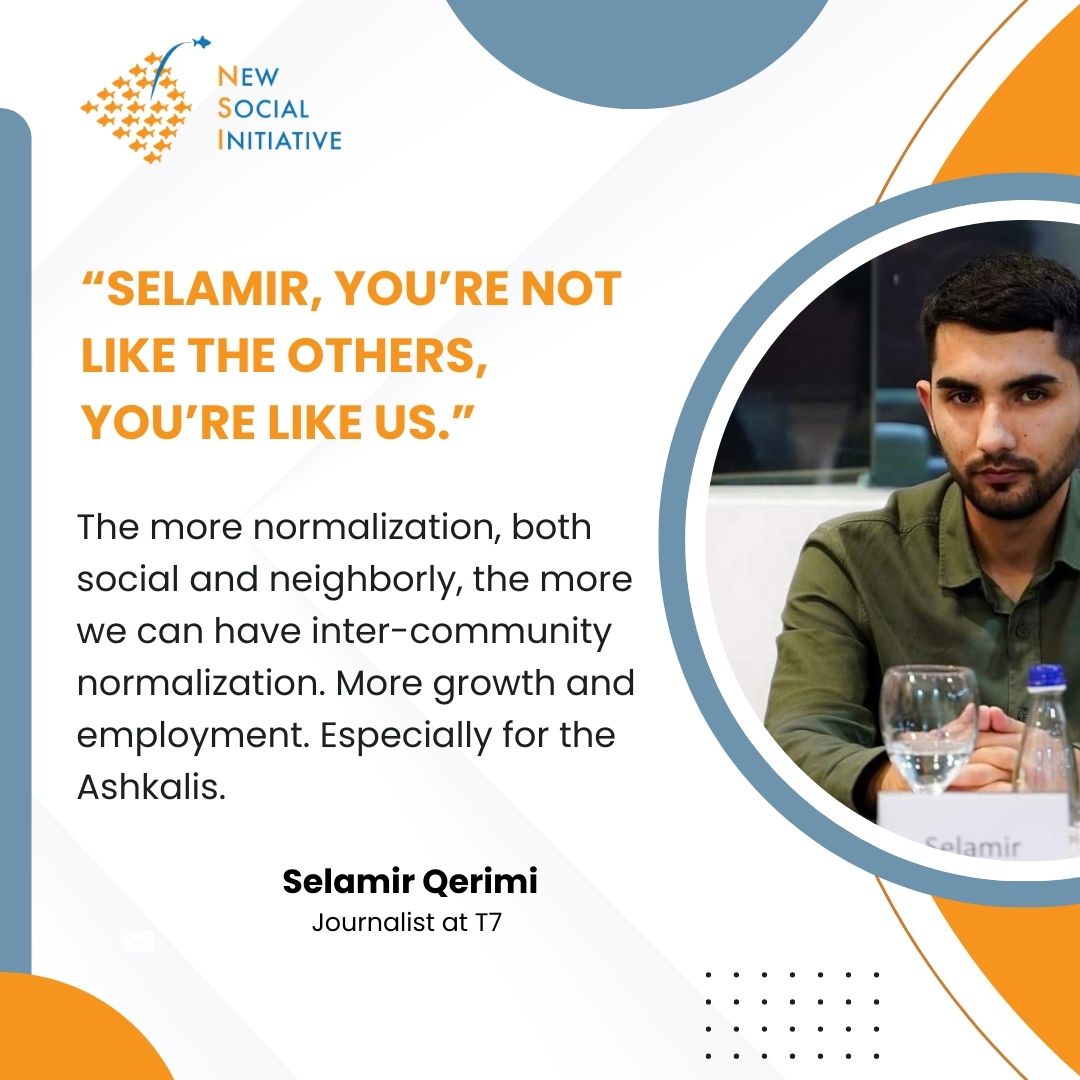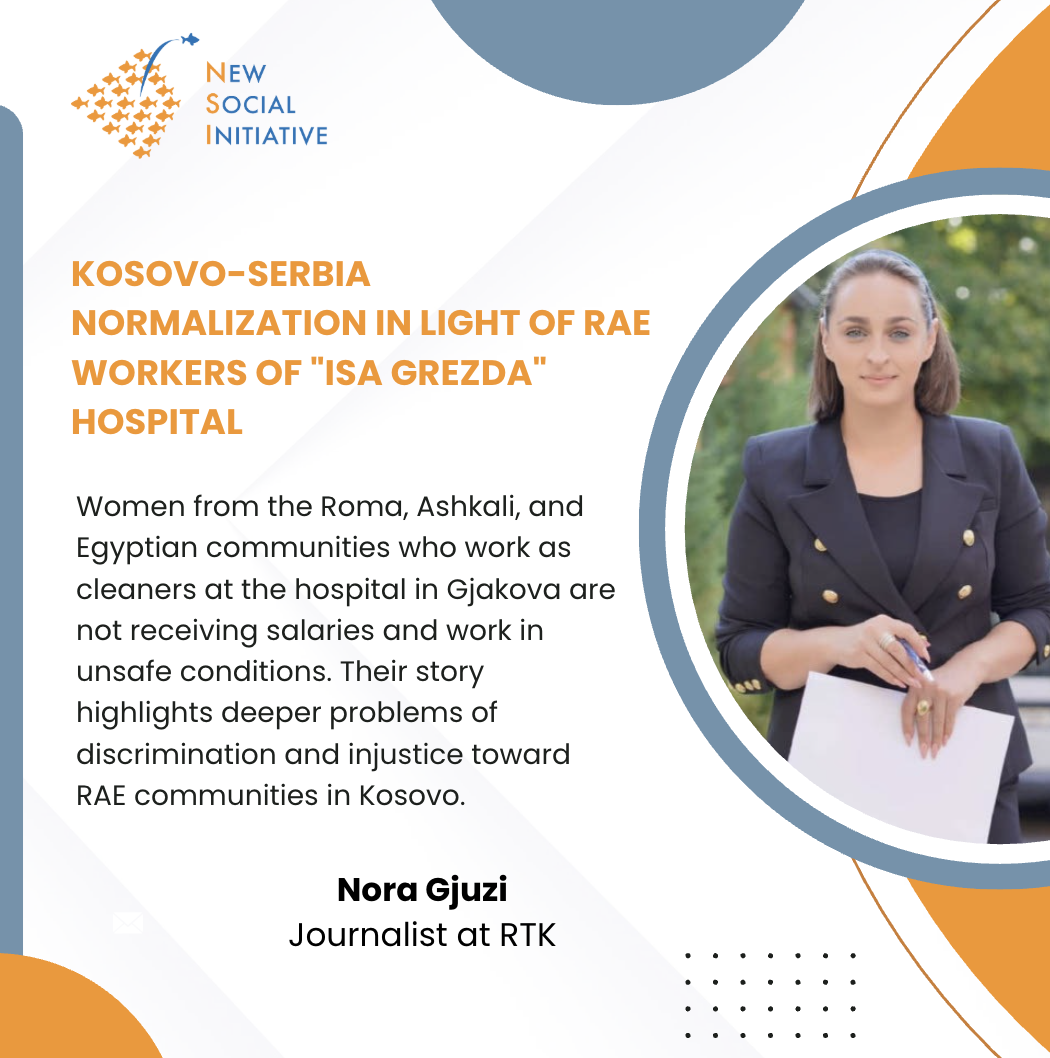If you happen to be a Serb living in Kosovo, it is almost impossible that you have not felt betrayed and deceived at least once over the previous few months, or even years, left uncertain about the future. The Serbian community in Kosovo is facing a deep sense of political insecurity, especially after years of political negotiations which, although aspiring to normalization, actually left a good many Serbs without specific results. From the launching of the Dialogue between Belgrade and Pristina in March 2011, to the First Agreement on the Principles of Normalization in 2013, Serbs in Kosovo were not active participants in the process. In spite of being heralded as a turning point, the Brussels Agreement, perceived by Kosovo Serbs as a non-inclusive and non-transparent process, just happened overnight and left their community in confusion and uncertainty.
“Democracy is not merely the rule of majority, but also the protection of the rights of minorities“, said former US President Lyndon B. Johnson. In Kosovo, this principle seems to be distant. Not only was the Serbian community deprived of an opportunity to partake in the dialogue in democratic terms, but it has also fell victim to conflicting interpretations and selective implementation of the concluded agreements. For many Serbs, the Brussels process turned out to be the beginning of what one can call a forced integration – devoid of the right to have a say, without democratic participation, and with no possibility to keep the key elements of their autonomy and in particular the specificities of the North of Kosovo.
Once the Agreement was signed, the life of the Serbs in northern Kosovo changed radically, but totally opposite to what they had expected. The establishment of the Community of Serbian Municipalities (the CSM), supposed to serve as a mechanism for protecting the specific rights and autonomy of Serbs, remained a broken promise. Such unfulfilled promises gradually eroded the community’s trust, while the political processes in Pristina, in parallel, produced decisions not reflecting the interests of the Serbs, but rather additionally marginalized them.
When the Serbian community walked out of the Kosovo institutions in late 2022, the Pristina authorities exploited it to further marginalize this community by means of illegitimate decisions taken at the central and the local levels. Decisions affecting the daily life of Serbs – from the embargo on import of goods from Serbia, to the closure of banks and postal offices as well as of the temporary municipal bodies, and a series of other aspects vital for the functioning of the community – additionally aggravated the situation.
Presently, the Serbs in Kosovo are ostracized from political life. They have representatives they never voted for, they do not participate in the making of decisions that shape their life, and the dialogue conducted on their behalf is viewed upon with deep skepticism. “We the people”, the opening of the Constitution of the United States of America, does not have the same value here, or at least not in the positive sense thereof, because the Serbs in Kosovo do not feel they are a part of any political or democratic process.
This feeling of treachery is not a mere consequence of the unfulfilled pledges. It is a deep wound, additionally worsened by selective implementation of the agreement, irresponsible interpretation of international agreements, and solutions imposed without a democratic process. The Serbian community, disillusioned and marginalized, asks the key question: how to regain trust in the processes, that have already failed so many times? If democracy does not revert to these processes, someone will have to put in place a semblance of democracy
once again – just like the international community tried to do with previous agreements and integration; yet, as Mahatma Gandhi said: “The spirit of democracy cannot be imposed from the outside. It must grow from within the people”. Hence, the key question is whether the Kosovo society is capable of building democratic values on sound foundations, or have we already given up on this, so that we will most likely once again have in place an appearance of democracy, albeit always with a limited duration.










